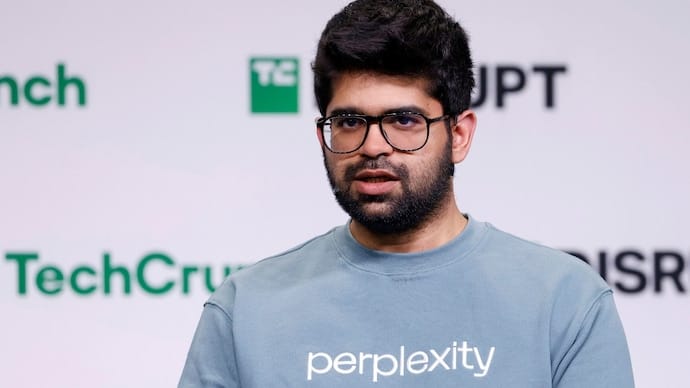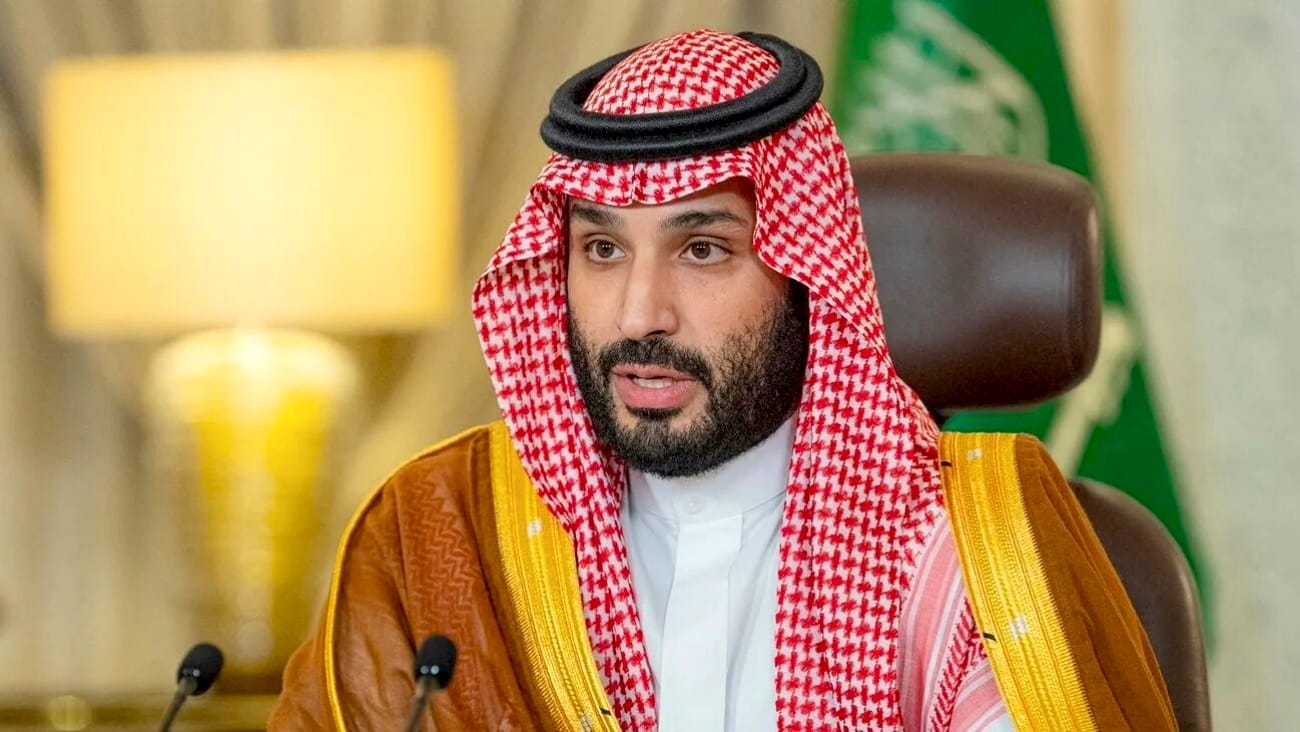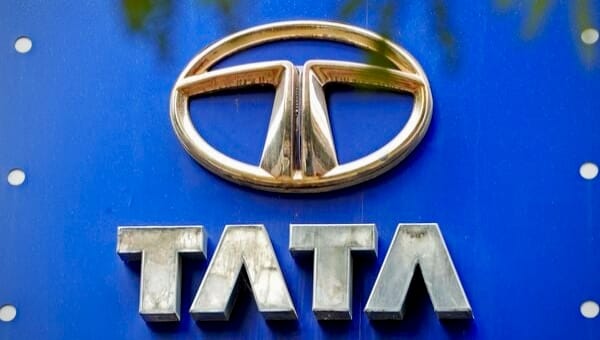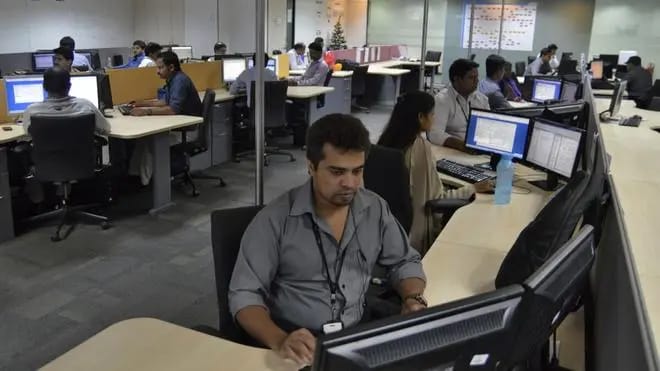
Aravind Srinivas, the 31-year-old co-founder and CEO of artificial intelligence startup Perplexity, has achieved a remarkable milestone by becoming India’s youngest billionaire with a net worth of ₹21,190 crore, according to the M3M Hurun India Rich List 2025. The Chennai-born entrepreneur’s debut on the prestigious list marks a defining moment in India’s wealth creation story, signaling a dramatic shift from traditional industries to deep-tech innovation and artificial intelligence leadership.
Srinivas’s journey from an academically gifted student to a billionaire entrepreneur exemplifies the global rise of India’s tech talent. Born on June 7, 1994, in Chennai, he demonstrated early prowess in science and problem-solving before pursuing dual degrees in Electrical Engineering from IIT Madras, where he also taught advanced courses on reinforcement learning. His academic excellence earned him a PhD in Computer Science from UC Berkeley, with research spanning reinforcement learning, image generation, and transformer-based vision models. His early career trajectory included prestigious stints at some of the world’s leading AI laboratories—OpenAI, Google, and DeepMind—where he contributed to groundbreaking projects like DALL-E 2, HaloNet, and ResNet-RS, providing him with the foundational expertise to launch his own revolutionary company.
The founding of Perplexity AI represents Srinivas’s bold vision to challenge established tech giants with an AI-powered search platform that combines large language models with real-time web searches. Perplexity positions itself as a direct challenger to Google’s search dominance by offering conversational AI that provides real-time answers with source citations, eliminating the traditional keyword-based search approach. The platform has gained significant traction with approximately 22 million active users worldwide as of 2025, processing over 780 million queries monthly and demonstrating consistent 20% month-over-month growth.
The company’s meteoric growth trajectory is reflected in its extraordinary valuation milestones, rising from $520 million in January 2024 to $18 billion by July 2025—a staggering 27-fold increase in less than 18 months. Perplexity has secured substantial funding from prominent investors including SoftBank, Nvidia, Jeff Bezos, and Sequoia, with recent rounds including a $100 million raise at an $18 billion valuation. The company’s revenue model has evolved rapidly, reaching $148 million in annualized revenue by June 2025, up from $63 million at the end of 2024, driven by subscription services, enterprise accounts, and newly launched contextual advertising.sacra+2
Srinivas’s wealth surge directly correlates with Perplexity’s explosive valuation growth and the global AI boom that has attracted massive investor confidence in foundational AI companies. His significant equity stake in Perplexity, combined with the company’s positioning as a potential acquisition target for tech giants like Apple, has propelled his net worth to unprecedented levels for an Indian entrepreneur of his age. The AI market’s rapid expansion, particularly in search and conversational AI, has created enormous value for early-stage companies with proven technology and user adoption, positioning Srinivas among the world’s youngest self-made billionaires.
This achievement holds profound significance for India’s startup ecosystem and global technology leadership aspirations. Srinivas’s success demonstrates that India can produce world-class AI entrepreneurs capable of building foundational technologies that compete directly with Silicon Valley giants. His rise coincides with India’s broader “AI for All” strategy, which aims to establish the country as a global AI leader through indigenous innovation and inclusive growth. The success validates India’s robust digital infrastructure, thriving startup ecosystem, and exceptional engineering talent pool, potentially inspiring a new generation of deep-tech entrepreneurs.
When compared to other young Indian billionaires, Srinivas stands out for achieving his wealth through cutting-edge AI technology rather than traditional sectors. While Zepto’s co-founders Kaivalya Vohra (22, ₹4,480 crore) and Aadit Palicha (23, ₹5,380 crore) remain the youngest billionaires, Srinivas surpasses established entrepreneurs like OYO’s Ritesh Agarwal (31, ₹14,400 crore) in terms of net worth. His achievement places him alongside other tech-focused young billionaires including BharatPe’s Shashvat Nakrani (27, ₹1,340 crore) and TAC Security’s Trishneet Arora (30, ₹1,820 crore), highlighting the growing dominance of technology-driven wealth creation among India’s youngest entrepreneurs.
Perplexity’s global competitive position against established players like Google, OpenAI, and Anthropic demonstrates the company’s ambitious vision to reshape the search industry. The company’s recent launch of the Comet AI browser and its $34.5 billion bid for Google’s Chrome browser, despite being valued at $18 billion, showcase Srinivas’s bold strategic thinking and confidence in Perplexity’s technology. The platform’s unique approach of combining multiple AI models—including GPT-4, Claude, and proprietary algorithms—with real-time web indexing creates a differentiated offering that has attracted millions of users seeking more conversational and contextual search experiences
- AI Adoption Metrics: Monitor Perplexity’s user growth (currently 22M+ active users) and query volume (780M+ monthly)
- Revenue Trajectory: Track ARR growth from current $148M baseline and enterprise customer acquisition
- Competitive Positioning: Watch for market share gains against Google Search and successful product launches like Comet browser
For young Indian founders, Srinivas’s journey offers three key lessons: focus on solving fundamental problems with cutting-edge technology, build global-scale solutions from Day 1, and leverage India’s exceptional talent pool to compete with Silicon Valley giants. His success proves that with the right vision and execution, Indian entrepreneurs can create category-defining companies that attract global investor confidence and achieve extraordinary valuations within short timeframes.
The implications of Srinivas’s achievement extend far beyond individual wealth creation, representing a watershed moment for India’s position in the global AI race. His success validates the country’s potential to produce foundational AI companies rather than merely serving as a development hub for international corporations. As India aims to contribute $500 billion to its economy through AI by 2025, entrepreneurs like Srinivas demonstrate that the country possesses the talent, ambition, and market understanding necessary to compete at the highest levels of global technology innovation.
Aravind Srinivas’s rise to become India’s youngest billionaire at 31 through Perplexity AI represents more than exceptional individual achievement—it signals India’s emergence as a serious contender in the global AI leadership race. His success story, built on world-class education, international experience, and bold entrepreneurial vision, provides a blueprint for the next generation of Indian tech founders while positioning the country as a hub for transformative AI innovation that can challenge established Silicon Valley dominance.








